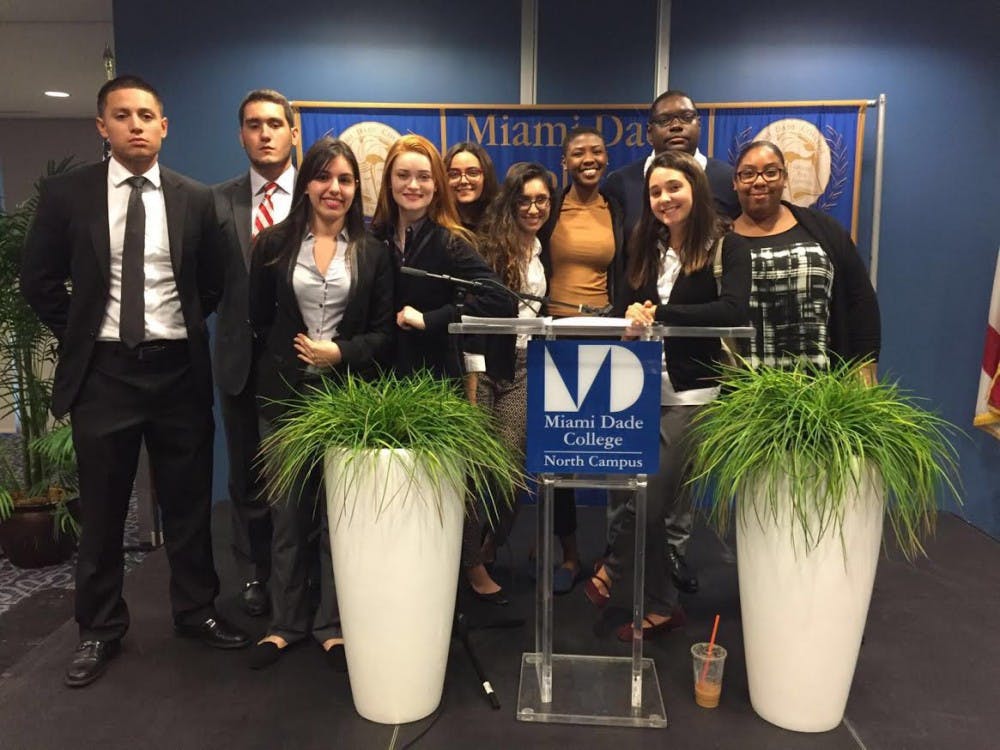To be a black man in America is to be a violent, uneducated, simple-minded thug. If you don’t fall in that category, you’re just a football or basketball player classified by the number on your jersey.
To be a black woman in America, you go by the name Shanequa, you have the nastiest attitude and you talk with disturbing, informal slang. You are loud, ignorant and most likely the driving force in the abuse of America’s welfare system.
To add to these intricately formulated stereotypes, we are also classified into a group called “minority.”
I thought minority was just a way of identifying a group of people who created the smaller portion of a larger group of society. I did not comprehend or fully understand the social and cultural impact that this eight-letter word would have on me.
Before attending UNC, I attended Miami Dade College, the largest, most diverse community college in the nation. As a former student at MDC and a native-born resident of Miami, Florida, I never classified myself as a minority because my surroundings told me differently. I looked around and I saw Blacks, Hispanics and Asians who made up the majority.
At my former college, when I stepped outside, I witnessed women’s melanin radiate and reflect a light as distinct and beautiful as mine. I saw hair that defied Earth’s gravity just like mine, where every strand had been carefully dipped in oil to form curls, just like mine.
At my former college, what I saw was a community of beautiful, strong, educated and independent black women who resembled me in the most elegant way. I did not feel like a minor factor in society. I felt powerful, beautiful and completely invincible to all that looked down upon me.
When I stepped outside in UNC, I did not see my skin. I did not see my hair. I did not see my lips. I saw not one person who resembled me.



